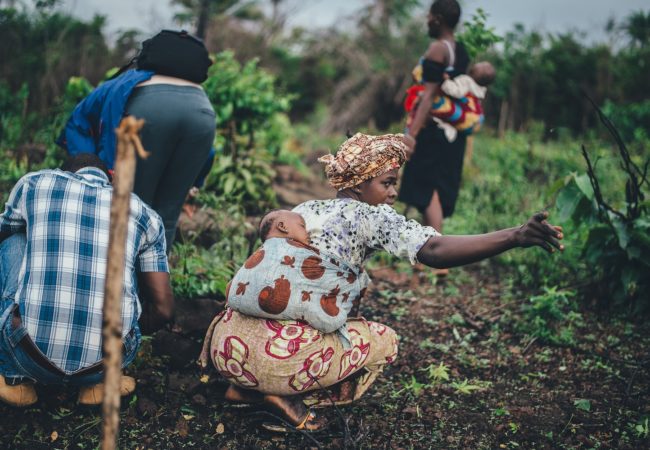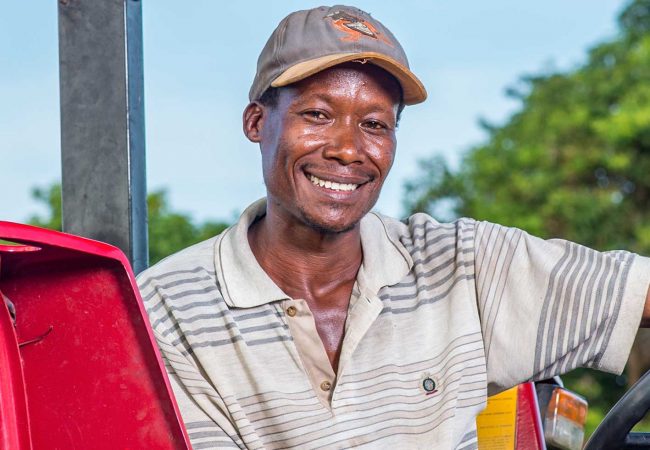What was the issue?
Over the last two decades, agricultural research organisations in West Africa have produced new varieties of crops, mostly cereals, but adoption by farmers has been rather low. Farmers continue to favor traditional varieties. Increasingly, scientists are driven to involve farmers in the process to improve uptake. However, the process of participation by farmers has not always yielded the expected results. Mainly because farmers may not be involved in strategic plans for research, or the research does not support sustainable agriculture. Also, findings from research had been documented in a language farmers do not understand, and also undermines conservation of traditional varieties.
What process was used to ensure Small-holder Voices (SHV) were heard
In a bid to get farmer voices heard in agricultural research, a series of citizens’ juries were held in Mali. Citizens’ Jury is a mechanism of Participatory Action Research (PAR) that draws on symbolism and some of the practices of a legal trial by jury. The aim was to facilitate smallholder farmers, both men and women, to make policy recommendations after cross examining expert witnesses from different backgrounds. These citizen juries held meetings on GMO and future farming in Mali, the kind of knowledge and agricultural research smallholder producers want, and democratizing the governance of food and agricultural research. The juries usually lasted six days, were designed to complement each other and were guided by an oversight panel to assure credibility, trust, fairness and representation. The outcome of each jury was then publicized widely in the national media.
What was the outcome of this process? Was it a success/failure/mixed?
The results of this open dialogue with agricultural researchers and scientists was remarkable. A ban was instituted on genetically modified organisms. This was because during the juries’ sessions, it became apparent that among other things, crop genetic modifications were viable for large-scale producers representing only two percent, and Mali had 98 percent smallholder producer representation. Also, propositions such as focusing on value addition for traditional crop varieties like sorghum instead of working on other genetically modified crops were made. Other propositions were to restructure agricultural policy to give famers a central defining role, organize citizens’ juries to define strategic priorities for agricultural research and involve farmers at every stage of selecting crop varieties for modification.
What key lessons can be learnt? Is this process replicable?
The findings of the study are clear on what participation should look like regarding process of engaging smallholder farmers. Three lessons can be learned here:
- A bottom-up approach to participation can enhance process outcomes
- Involving farmers in agricultural research can ensure adoption and uptake
- Research strategies should have smallholder producers at the center of deliberations
- There should be increased efforts to disseminate findings in the language of the people.
The process can be replicated in most parts of Africa, and especially where small producers are outside the decision-making process in enhancing crop varieties’ adoption.
Is this process sustainable? What is the latest assessment of the impact of this process?
The process of direct engagement with producers and researchers is a highly sustainable concept because it assures both parties of collective outcomes that ensures trust. The process of participatory learning and advocacy empowers both the jurors and the ones being assessed. The citizens’ jury processes and outcomes in Mali was endorsed in a briefing in Geneva in 2011 by the United Nations Special Rapporteur. It must be noted, while this approach to policy formulation may work well where smallholder producers are organized and influential, in countries where large-scale farming are present, more contentious issues affecting them may require their involvement to obtain buy-in for sustainability.
Download Case Study




Nice read. Small holder farmers participation in the value chain from seed to final product which entails value addition, product marketing and networking is key for technology and seed adoption. There are also areas of partnership like contracting this small holders in their villages to be part of the seed production process organized in villages can enhance acceptance. The trials and research happening in sustainable farmer environments by farmers themselves, not sponsored resources also promotes credibility of value proposition of a seed or technology. Additionally, insurance services for crops also coming in to insulate small holder farmers from adversities of climate change could increase small holder willingness to adopt and expand using the new researched technologies.